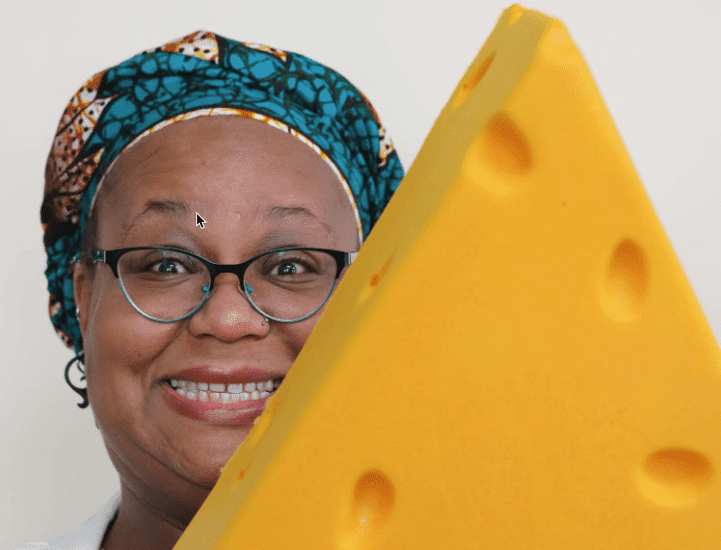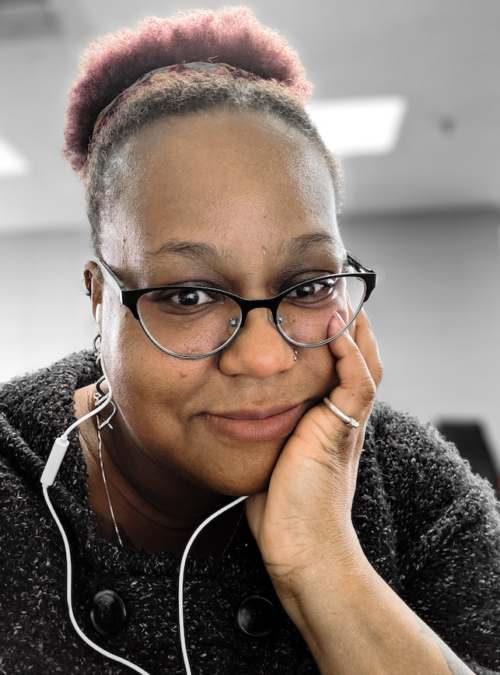
For my first draft of this column, I started off writing something that I thought would get approved by the editor. I was assertive but was careful to not fall into the “angry Black woman” trope by being too assertive. I told a charming anecdotal story about an incident that happened when I was five. Telling stories of childhood innocence will make it easier for you to see me as a human being instead of as a threat. I got feedback from the editor and went home to tweak it.
I couldn’t though. Every time I changed punctuation or added clarity, it felt false. Even though everything I wrote was factually true, it didn’t feel true to who I am and what I want to do with this platform. So, I’m starting over.
In the spring of 2020 the world saw the murder of George Floyd. The public reaction was swift and strong. As a nation, we’d seen numerous videos showcasing the ultimate in Black trauma, but somehow this was different. This murder got people talking. Most importantly, it encouraged people to start listening and inviting under-served and under-represented members of the cheese community to have a seat at the table.
In the summer of 2020 I was invited to do a live Instagram chat with Karen Lundquist, who was the executive director of the American Cheese Society at the time. Ninety minutes later, when I’d disconnected from our conversation, I got in my bed and started to cry. I was emotionally and mentally drained. I’d never spoken that boldly in public before and had never imagined I would do so in front of cheese industry people. I felt raw and wrung out. What I said was well received for the most part. I had friends and strangers reach out to me with words and gestures of support. I also had people who I thought were friends say nothing, and their silence spoke volumes. Weeks later I would finally acknowledge and mourn the loss of those friendships. I joined the board of a non-profit, the Cheese Culture Coalition, and started working with an amazing team to bring cheese education to young people in marginalized groups. The pandemic was raging all around us, but I dared to hope that this time we were working on initiatives that could one day create real change in the industry.
That’s what I thought in 2020.
In 2021 the backlash started. People around the country and in the cheese industry were tired of hearing about DEIB (Diversity, Equity, Inclusion, and Belonging) and the challenges of Black, Indigenous, and other People of Color. They didn’t want to hear about what it’s like to be the only Black woman behind the counter or being sent to rural areas for cheese deliveries or store demos without thought for the safety of marginalized bodies and lives. I heard someone say that it was “a lot of work,” implying that creating an industry where everyone truly belongs isn’t a priority. Hearing that from a leader in the industry can crush the spirit.
But I refused to be crushed.
It’s 2022 and we’re still here, shouting to be heard. We marginalized peoples: We are still working the land, tending the animals, and making the cheese. We are still wrapping, stickering, and selling behind the counter. We are teaching classes and managing retail and wholesale businesses. We are carving our own paths and creating businesses that tap into what my friend, and founder of the Cheese Culture Coalition, Whitney Roberts has said since the first time I spoke with her: Cheese is for everyone.




